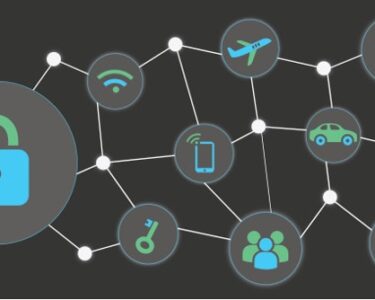
Social Media-Free Living
In the era of constant connectivity and digital distractions, the idea of living a social media-free life might seem like an impossible feat. However, there is a growing number of individuals choosing to disconnect from social media platforms in an effort to improve their well-being and mental health.
Benefits of Social Media Detox
- Reduced Anxiety and Depression: Studies have shown that excessive social media use can lead to increased feelings of anxiety, depression, and loneliness. By removing the constant pressure to compare oneself to others or keep up with an unrealistic online persona, a social media-free life can help reduce negative emotions.
- Improved Focus and Productivity: Social media can be incredibly addictive, consuming hours of one’s time without realizing it. By eliminating this distraction, individuals can regain control over their time and focus on tasks that truly matter.
- Enhanced Sleep Quality: The blue light emitted from devices before bedtime can interfere with the production of melatonin, a hormone that regulates sleep. Reducing screen time before bed can lead to better sleep quality and increased energy during the day.
- Increased Self-Awareness: The absence of social media allows individuals to disconnect from the external validation and expectations that often accompany it. This newfound freedom can lead to increased self-awareness and a deeper understanding of one’s own values and goals.
- Improved Social Interactions: While it might seem counterintuitive, many people find that they have healthier and more meaningful social interactions without social media. By focusing on face-to-face interactions, relationships can be strengthened and deepened.
Challenges of Going Social Media-Free
- Withdrawal Symptoms: Quitting social media can cause withdrawal symptoms, such as increased irritability, difficulty concentrating, and cravings for the platforms. These symptoms can be challenging to overcome, but they usually subside within a few weeks.
- Fear of Missing Out (FOMO): Social media can create a perception of "missing out" on important events or conversations. However, by actively engaging in other activities and connecting with people in real life, individuals can overcome FOMO and appreciate the present moment.
- Social Isolation: For some, social media serves as a way to stay connected with friends and family who live far away. It is important to have alternative ways to maintain these connections, such as phone calls, video chats, or in-person meetings.
Tips for a Successful Social Media Detox
- Set a Time Frame: Start with a short break, such as a day or a week, and gradually increase the time spent offline.
- Delete Apps: Removing social media apps from devices can make it easier to resist the temptation to log in.
- Find Alternative Activities: Fill the time previously spent on social media with meaningful activities that bring joy and purpose.
- Seek Support: Reach out to friends, family, or a support group for encouragement and accountability.
- Be Patient with Yourself: Quitting social media takes time and effort. Don’t get discouraged by setbacks, and keep in mind the long-term benefits.
Conclusion
While social media can be a valuable tool for staying connected and sharing experiences, it is important to be aware of its potential negative effects on well-being. By embracing a social media-free life, individuals can reclaim their time, improve their mental health, and foster more meaningful connections in the real world.


